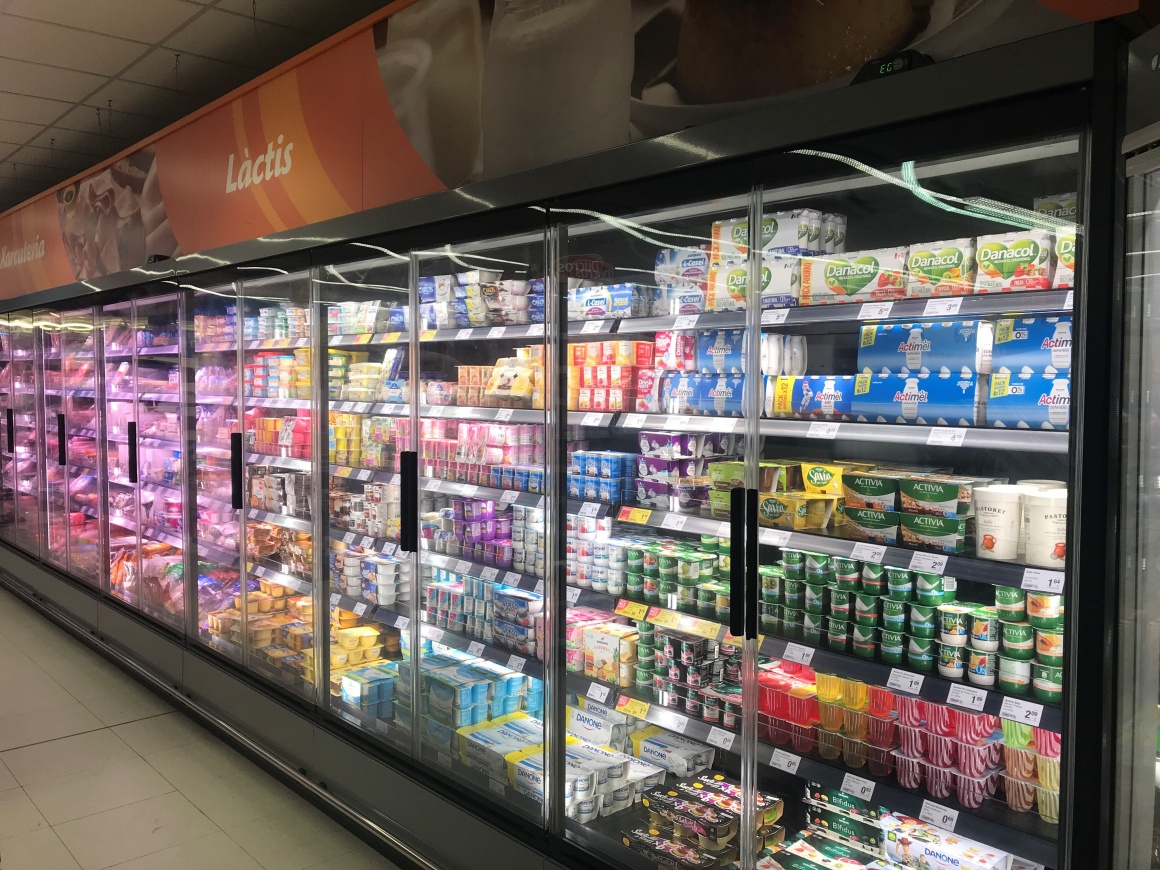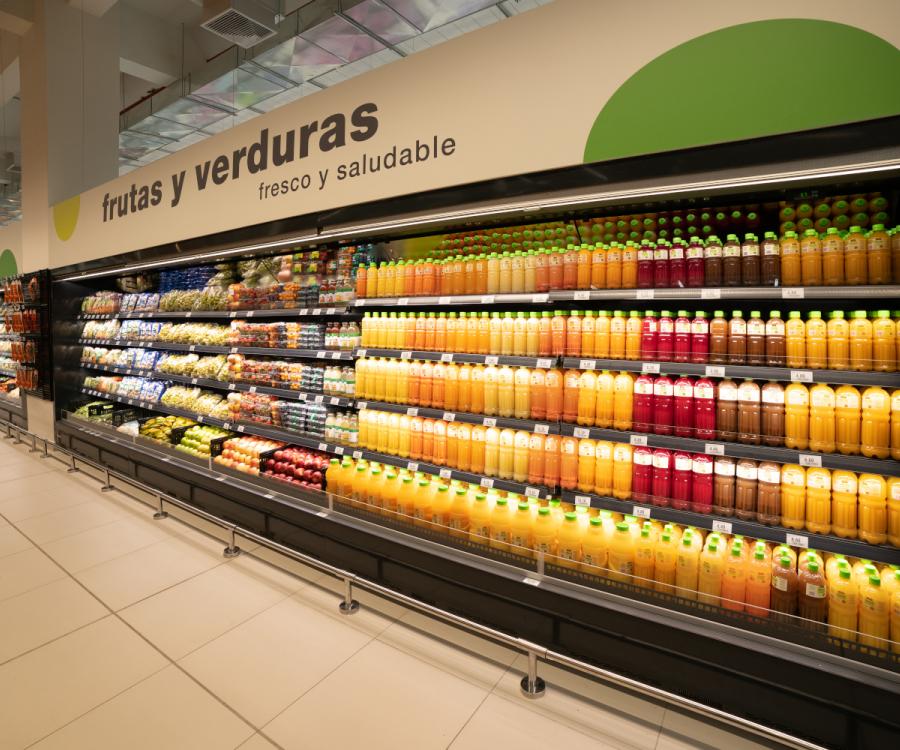Since 2005, Frost-trol R&D efforts have focused on developing efficient cabinets and finding solutions with natural fluids: R744, R290 or R1270. Propane (R290) has always been at the center of attention of our research line, because it is considere an energy and environmentally sustainable solution, implemented in autonomous unit solutions condensed by air since 2008.

Since the effective date of F-GAS 517/2014, low GWP refrigerants have become the focus of the industry in Europe due to the reduction in quotas imposed bt that regulation. In hermetically sealed systems for comercial use (chillers and freezers) and in compact refrigeration units, with a capacity of 40kW or more, the regulations prohibit the use of refrigerants with GWP>150 from 2022. Currently, R290 is a substitute for other refrigerants that have a high environment impact, and even for those new refrigerants with low GWP, such as the R455A, R454C and other new ones that have been proposed to adjust at the F-Gas and other legislative rules specific to some countries, in hermetically sealed systemps, used in comercial cabinets after the execution of some technical modifications.
R290 has negligible global warming potential (GWP<3) compared to the different alternative low GWP refrigerants. Propane is classified as highly flammable fluid; within the A3 group and the electrical safety requirements set IEC 60335-2:1989 and EN-378-1:2015, which defines the máximum refrigerant load can be used in compact mechanical compression systems in comercial refrigeration is set with a maximum of 150g (40-45% less tan the load of R22, R134A or R404A) with no location restrictions. In 2018, the IEC ommittee's extension of the limit load to 500g in commercial applications has finally been approved; the impact that this change will have on the industry has not yet been reflected but manufacturers are working with a new perspective in the development of more efficient systems. It should not be forgotten that the R290 is classified as a highly flammable fluid within the A3 group, which implies that safety measures are taken for its use.

Water condensing system
After many studies conducted, and tests with different manufacturers in own and Carel laboratories, wáter condensation units, known as HEOS with BDLC compressors were introduced to the market using R404A, R410A and R448A. The concept of water condensation is not an innovation by itself if we consider that it has been used for many years. However, the implementation of BDLC compressors, the step-by-step electronic expansion valve technology developed by Carel and the efficient management of the compressor operation map it performs, has been a very important step in the development of such systems, considered by the European Commission as part of the solution to the current problem of reducing refrigerant load reduction in commercial refrigeration facilities.
Frost-trol and Carel have always collaborated from the beginning in the development of this system, initially with HFCs and later with R290 but the load limit for propane has always been a limiting factor in the development of the project, finally and after much work has been overcome this obstacle.
Water condensation pilot project
On October 7th, it reopened the first supermarket in Spain with water condensation units using R290 as a refrigerant. The project has 18.75m of medium-temperature cabinets for meat, dairy and fruit use. The refrigerated cabinet features an evaporator design that evolved to refrigerant loading requirements; as well as the implementation of BDLC compressors, electronic valves, and the electronic management of Carel's HEOS platform. The supermarket that already had On/off condensation units of R404A with a total charge equivalent to 15Kg refrigerant is operating at a load of 1.5kg










